
Health
- SINGAPORE
Top 10 Ways To Boost Kids’ Immunity
From Superfoods To Homemade Remedies!
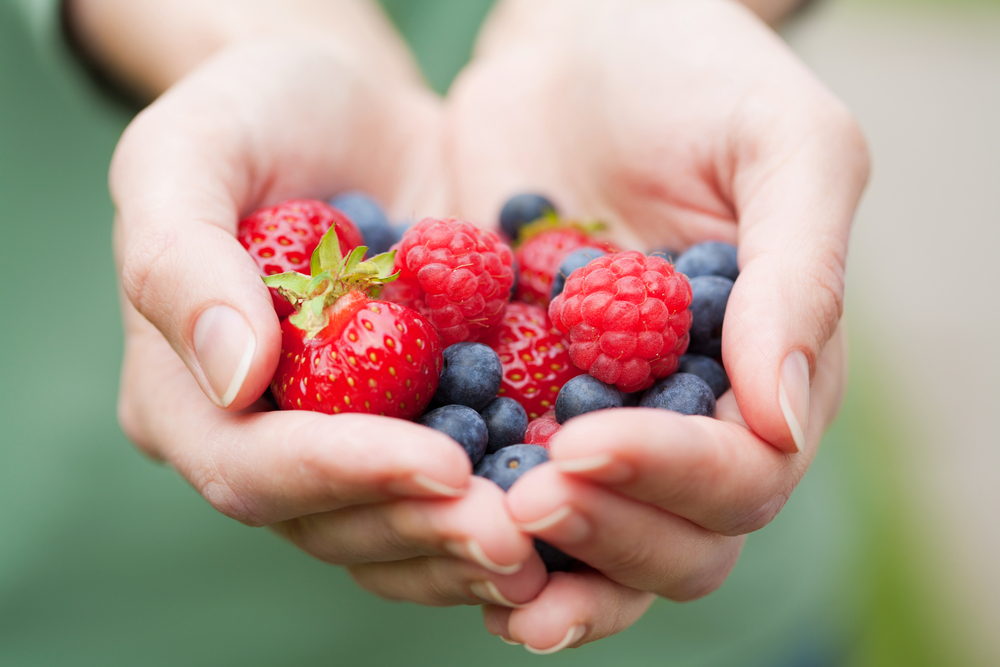
Boosting your little ones’ immunity is always and has always been on every parents’ mind, be it whether you’re concerned about COVID-19 or merely the common sniffles or various strains of influenza. Most believe that wellness comes from within and immune-boosting foods are the way to go when it comes to increasing your child’s tolerance against all kinds of ailments. From eating a whole range of highly-nutritious foods to opting for traditional massages, homemade remedies, and key essential vitamins, Little Steps has streamlined all of them for you here. Virus be gone!
Want More?
-
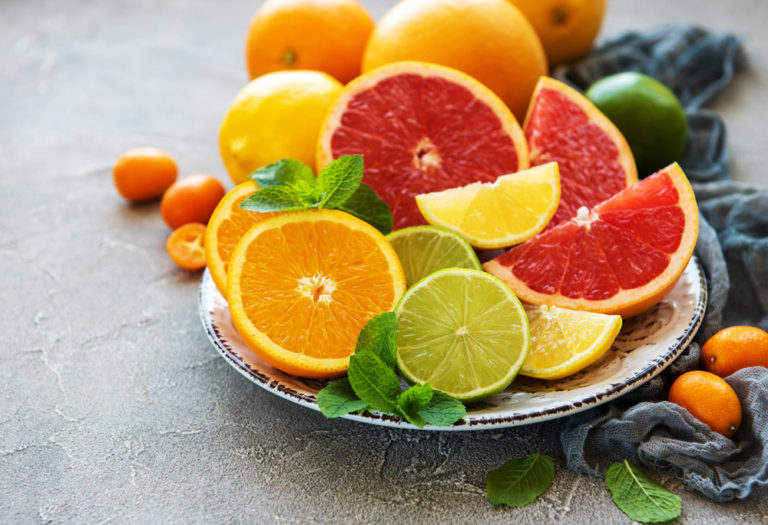
LOAD UP ON FRUITS
Yes, we've all heard this before and truth be told, eating citrus fruits that are rich in Vitamin C is indeed the key and first step towards boosting your child's immunity. Think pulpy fruits like oranges, grapefruits, and lemons as these are thought to increase your child's white blood cells, repair tissues, maintain healthy growth, and strengthen bones as well as cartilages. Vitamin C is also thought to drive away the sniffles, but bearing in mind it has to be taken at a recommended daily dosage that's dependent upon the age of your child.
Click HERE for more information.
-
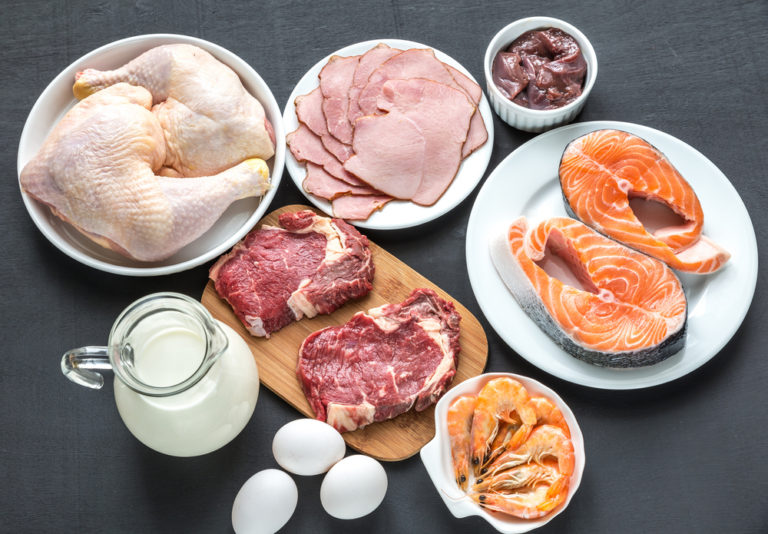
OPT FOR PROTEIN-RICH FOODS
Whether it's plant-based protein or meat-based protein, including protein-rich foods in your kid's diet is essential in developing brain function, growth, and supporting their immune system. Experts advise to pick tender cuts of meat and mince or cut them into small pieces. You can create a mish-mash of minced beef, chicken or fish with mashed tofu, eggs, panko crumbs or mashed potatoes to make meatballs! Seafood might also be a good option as well to boost kids' energy. Want more? Add in grains and legumes too.
Click HERE for more information.
-
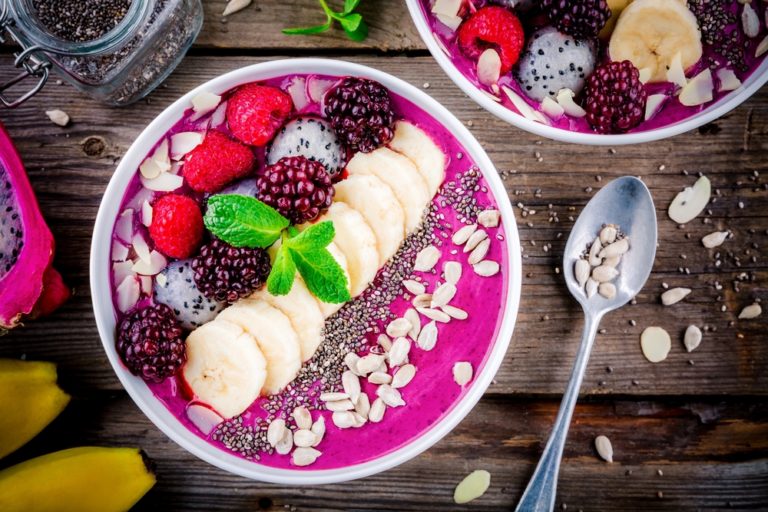
BRING ON THE ANTIOXIDANTS
Berries, berries, and more berries! Berries have always had a good rep as fabulous antioxidants that help your body fight oxidative stress caused by free radicals. This, in turn, helps to keep our immune system at its best! You can choose to introduce different berries on different occasions to your kids. Making a simple smoothie bowl or freezing the berries then blending them to create a frozen dessert are both easy ways to get the kids hooked onto them. Aside from the standard blueberries and strawberries, you can also add in goji berries that contain more vitamin C than citrus fruits, more iron than spinach, more vitamin E and carotenoids than most fruits and more protein content than whole wheat.! Whew!
Click HERE for more information.
-
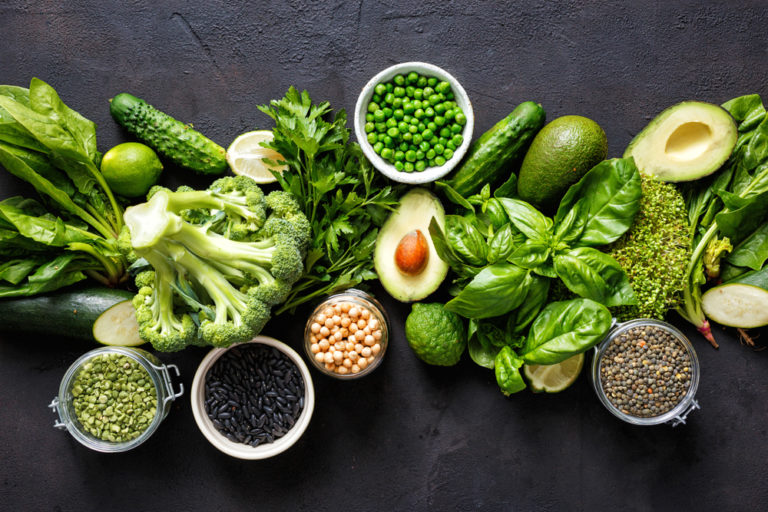
GO GREEN AND LEAFY
Oh the dreaded greens... To get kids to eat these, more often than not you've got to get creative! Broccoli is packed with a whole load of nutrition and is best eaten raw. If there's no way your kids are going to have that, try dipping the florets in cheese and bake them! Spinach is another one of those nutritional powerhouses that has so much packed into it. Filled with vitamins A, E, C, K and also magnesium, zinc, and iron, you can whip up a little batter and get it all crispy to entice the kiddos. Other top hits for green and leafy veggies include kale, local chye sim, and also kai lan.
Click HERE for more information.
-

GET CULTURED
We all might have heard this in some variation or other before - a healthy gut equates to a healthy body - and in actual fact, this is true. Live cultures such as lactobacillus in yogurt protect against gastrointestinal illnesses and may help increase one's resistance to sniffles as well as other infections. These live cultures also provide a balance between the 'good' bacteria and 'bad' bacteria in our gut. Aside from giving your child probiotic supplements, you can also pack them with probiotic-rich foods such as yogurt, cheese, miso, kefir, and sourdough bread.
Click HERE for more information.
-
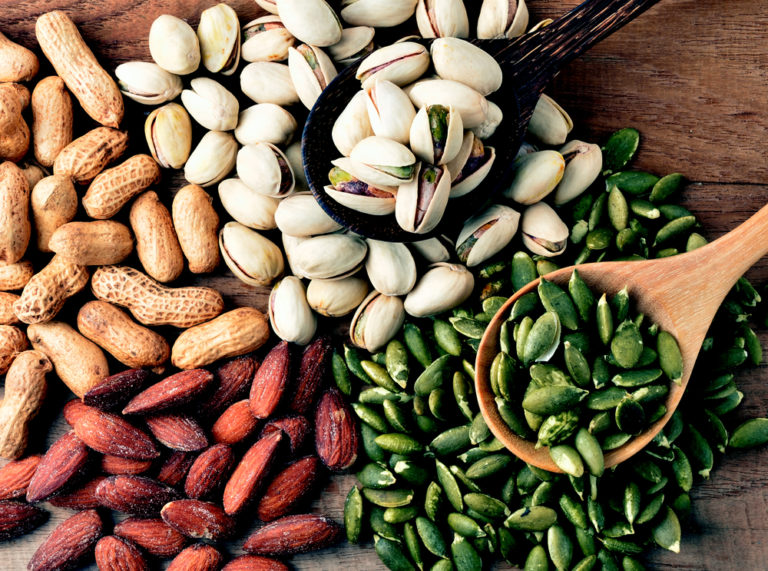
ALL ABOUT SEEDS AND NUTS
If your kids have no history of any nut allergy, nuts definitely should be included in their diet. Adding them is easy as they can come in many 'subtle' forms like peanut butter spread or almond milk. Almonds seem to be at the top of the list with its vitamin E and manganese content that highly boosts immunity. For lactose-intolerant kids, adding almond milk to their diet would be a plus. Do note that almond milk can get quite costly so you might want to invest time in making your own. Seeds are also powerful little things and trail mixes are always a perfect on-the-go snack. Include all kinds of variations like pumpkin, sunflower, flax, and even chia seeds. Add them to your homemade smoothies and you've got a winner.
Click HERE for more information.
-

BOOST THE COLOSTRUM
Remember this from the days of breastfeeding? Even older kids and adults can obtain bovine colostrum supplements and reap its full benefits. Research has shown that antibodies and other bioactive components found in colostrum contain rich proteins and increase immunity by stimulating the development and repair of the gut. Want to kill two birds with one stone, check out ChildLife's Probiotics with Colostrum Powder that can be added in your kids' drinks. It also comes in chewable tablets. Available on iHerb.
Click HERE for more information.
-

MASSAGE AWAY
Paediatric Tui Na has been increasing in popularity and more so now, parents are seeking out all-natural ways possible to boost their kids' immunity. Tui Na uses an ancient massage therapy technique that promotes a healthy immune system for the little ones without the need for medication. It involves the stimulation of unique acu-points to enhance growth, brain development, and healthy organ functions. Paediatric Tui Na is recommended for children under the age of 6 years old. Places that offer this service include Eu Yan Sang Clinic, Thomson Medical, and Yu Guo Chinese Physician.
Click HERE for more information.
-
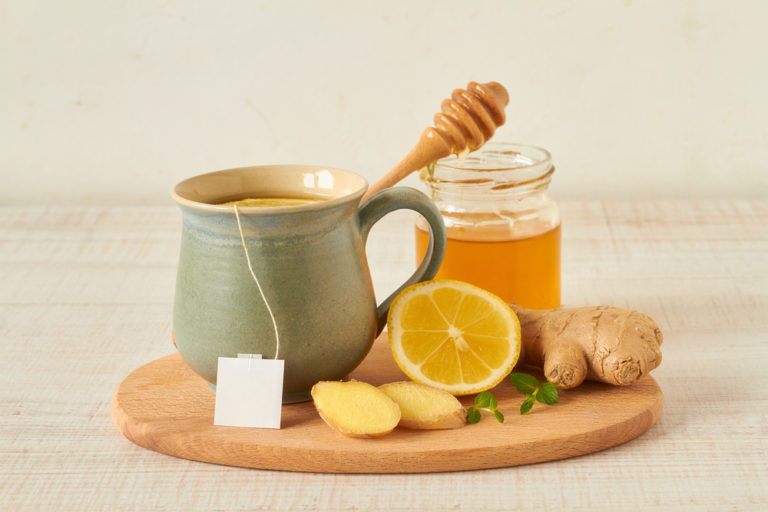
DO-IT-YOURSELF REMEDIES
Want more? Homemade remedies using choice ingredients have also been on the rise with more stay-at-home moms trying their hand at creating vitamin-infused mixtures that are kid-safe and immunity-boosting. Elderberries have been used for years as a cold and flu remedy and while there is no concrete scientific evidence that it 100% works, its popularity has not diminished. Also known as 'Sambucus', the potent concoction of elderberries, cinnamon, cloves, ginger, and raw honey is widely available on the shelves. You can also make your own with this simple at-home recipe by Wellness Mama. Other than elderberry, papaya leaf juice has also been used too to boost immunity.
Click HERE for Little Steps' Natural Immune Boosting Tea Recipe!
-

IT'S ALL ABOUT SLEEP
One thing's clear, ensuring your kids get ample sleep is crucial towards maintaining his/her good health. When your body is at rest, your immune system releases proteins called cytokines that specifically target infection and inflammation. So how much sleep is required at different ages? Newborns need at least 14 to 17 hours of sleep per day. A toddler (1 to 2 years) will require 11 to 14 hours of sleep a day, while a pre-schooler (3 to 5 years) needs about 10 to 13 hours a day. Those of school-going age, from 6 to 13 years, need approximately 9 to 11 hours of sleep a day.
Click HERE for more information from Health Hub on the importance of adequate sleep and how to achieve it.
Want More?
Little Steps Asia knows what families need.
Sign up for our email newsletters to get the most out of Asia!
-
Singapore
You’re Invited To A February Open House At The Australian International School Singapore
Save The Date: February 6, 20252025 Feb 06 - 2025 Feb 06 -
Singapore
Join A January Open House At SJI International Preschool
Save The Date: January 18, 20252025 Jan 18 - 2025 Jan 18 -
Singapore
Best Of New Year’s Eve Events In Singapore With Kids 2025
New Year’s Eve & New Year’s Day Fun! -
Singapore
Experience The Future Of Learning At XCL Academy’s Open House
Save The Date: January 15, 20252024 Jan 15 - 2024 Jan 15 -
Singapore
Join A January Elementary School Open House At Stamford American International School In Singapore
Save The Date: January 17, 2025 From 10AM - 12PM2025 Jan 17 - 2025 Jan 17 -
Singapore
KidsFest 2025 Singapore: Bringing The Magic Of Theater To Young Audiences
Win A Set Of Four Tickets To See The Very Hungry Caterpillar!2025 Feb 06 - 2025 Feb 06 -
Singapore
GIVEAWAY: WIN Four Tickets To Disney On Ice Presents Find Your Hero!
A Magical Medley Of Classic And Modern Tales Including Encanto, Moana And Frozen -
Singapore
*HOT OFF THE PRESS* Gracie Abrams’ Singapore Concert 2025 – Unmissable Tour!
Grammy-nominated star live here!2024 Dec 05 - 2025 Apr 04 -
Singapore
Top Family-Friendly Events 2024: December Activities In Singapore
Explore Kid-Friendly Fun and Adventures All Month Long2024 Dec 01 - 2024 Dec 31 -
Singapore
Top Christmas & Year-End Events In Singapore 2024 That Will Blow Your Mind!
Explore The Best Holiday Fun For The Whole Family!2024 Nov 01 - 2025 Jan 02
SIGN UP
Singapore Tips, Deals + Events.
SHOP! Singapore Gift Guide 2024
BOOK UP: Unique AirBNBS Around KL!
Got kids? Little Steps Asia gives you the scoop on all the things to do and see with babies, toddlers, and kids in Hong Kong, Singapore, Kuala Lumpur, Bali, Jakarta, Macau, and beyond. From family-friendly hotels, kids and baby shops, the best schools and after school activities, pregnancy tips and meet-ups and more – we have you sorted.
Sign up to receive the free Little Steps email newsletter packed with news, offers, and hidden treasures for Singapore families.

© 2024 Little Steps Asia. All rights reserved.

















